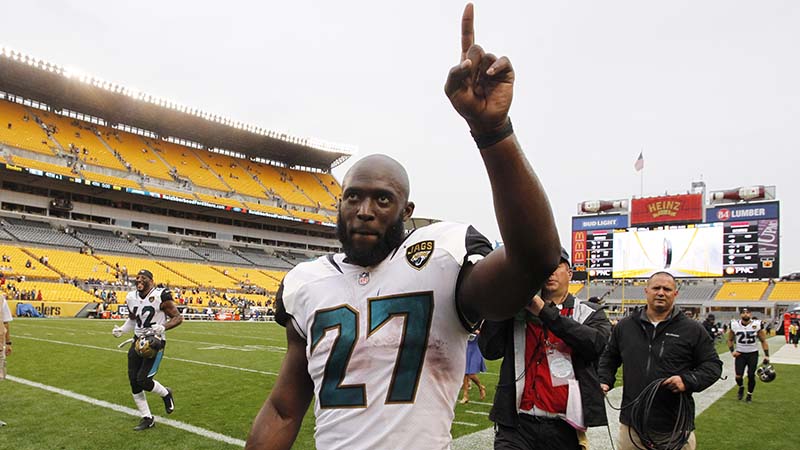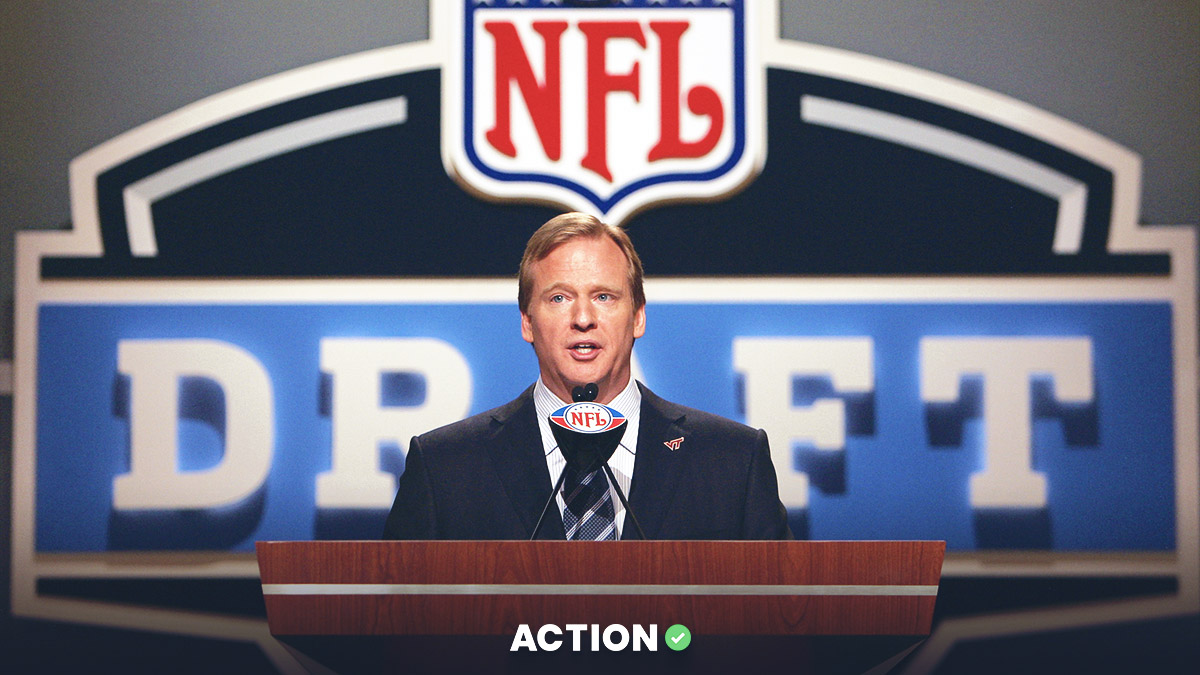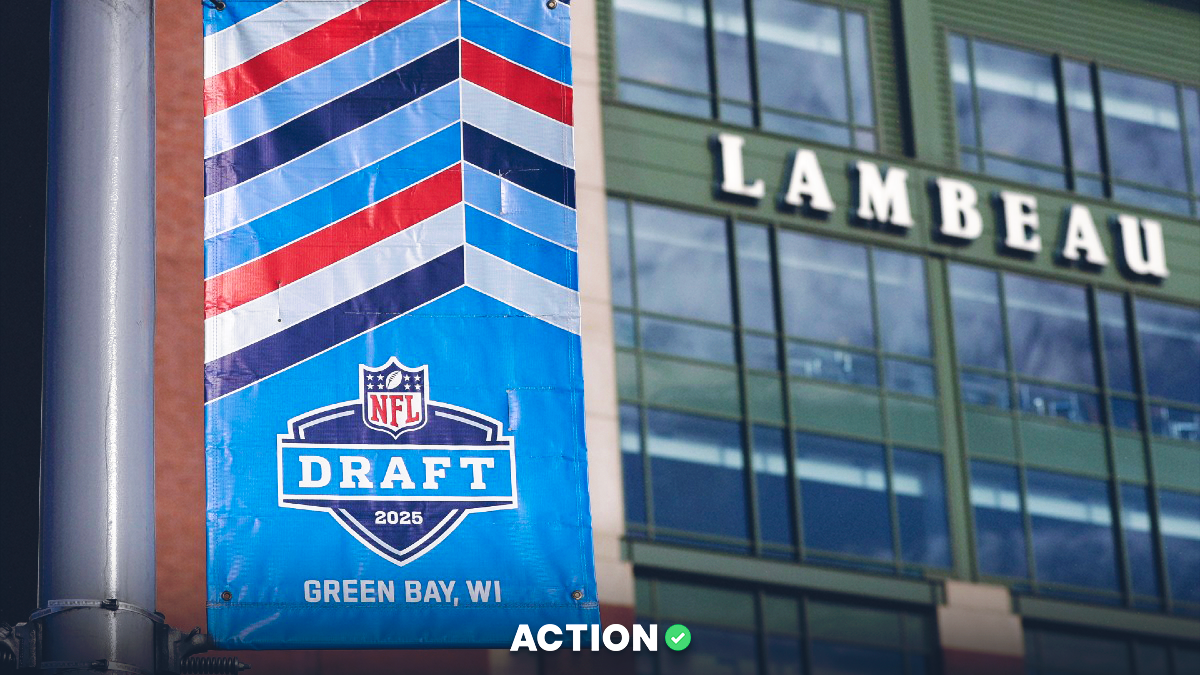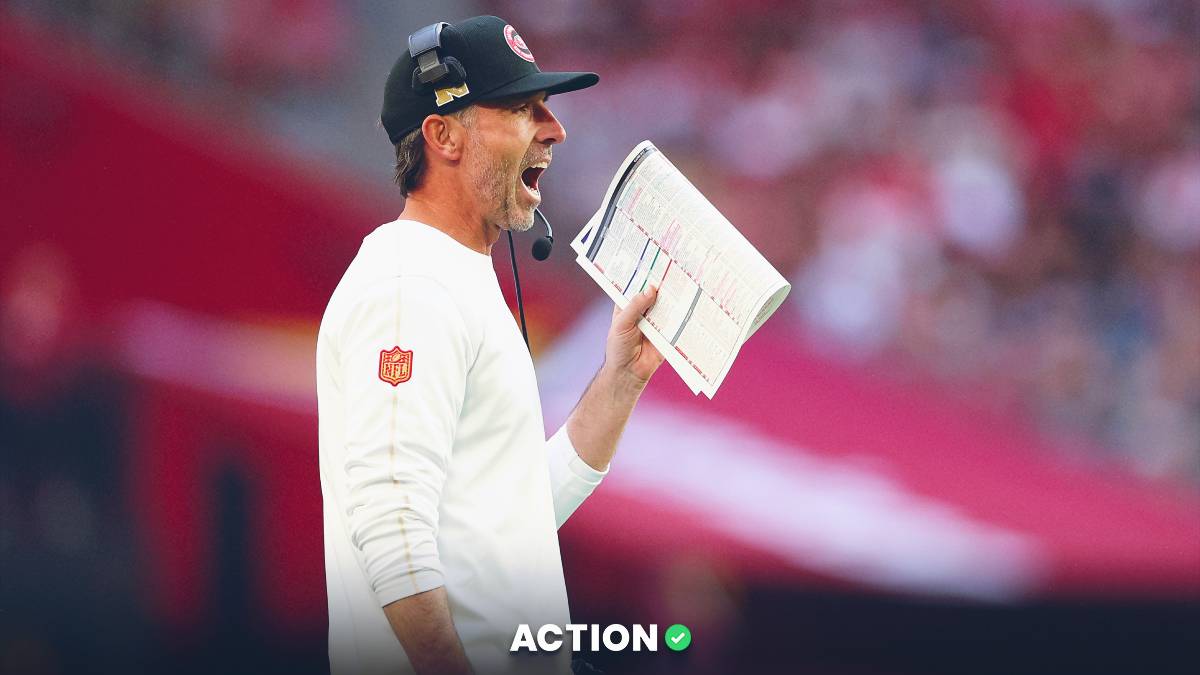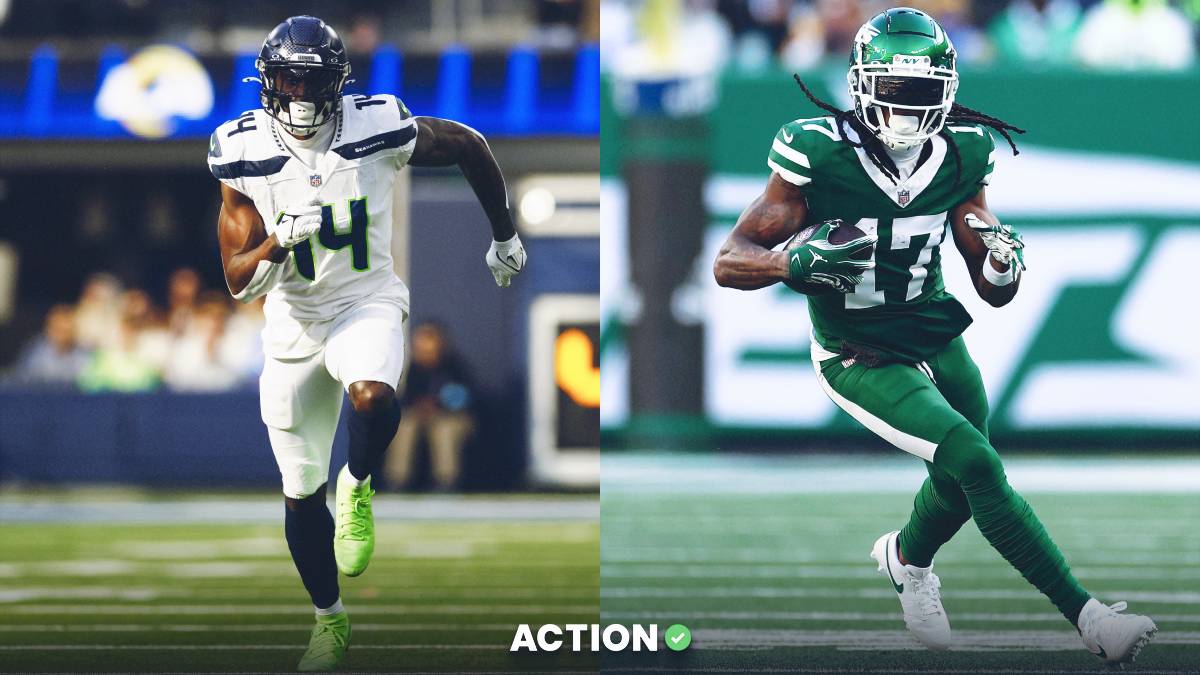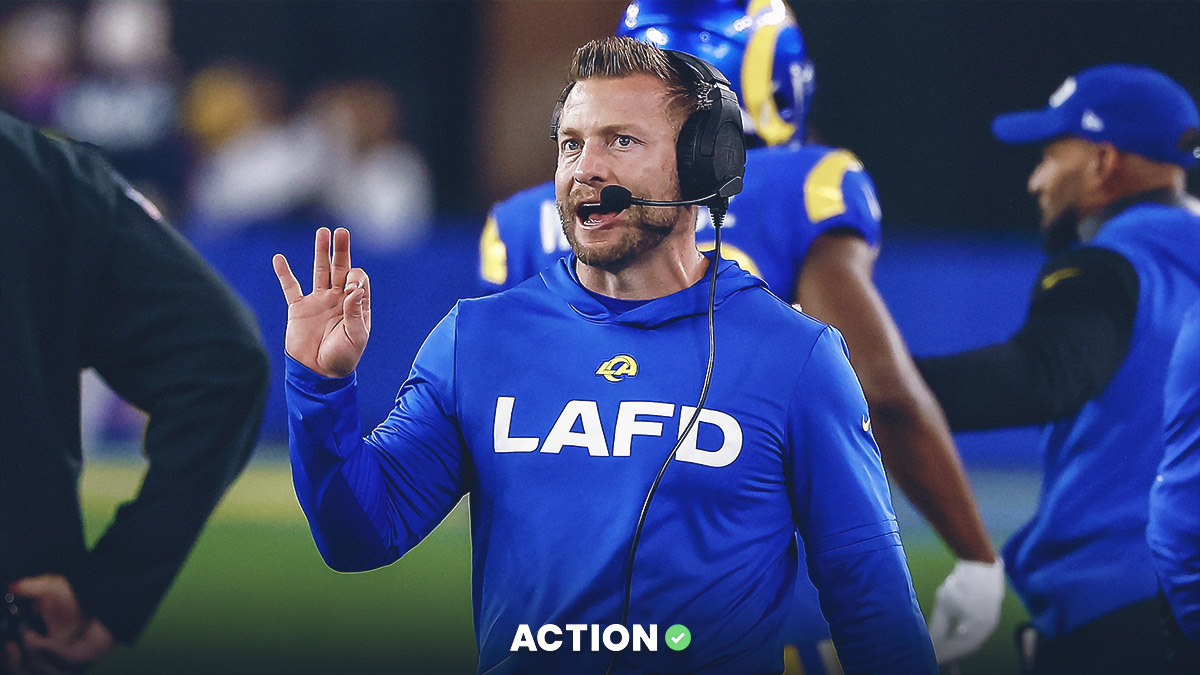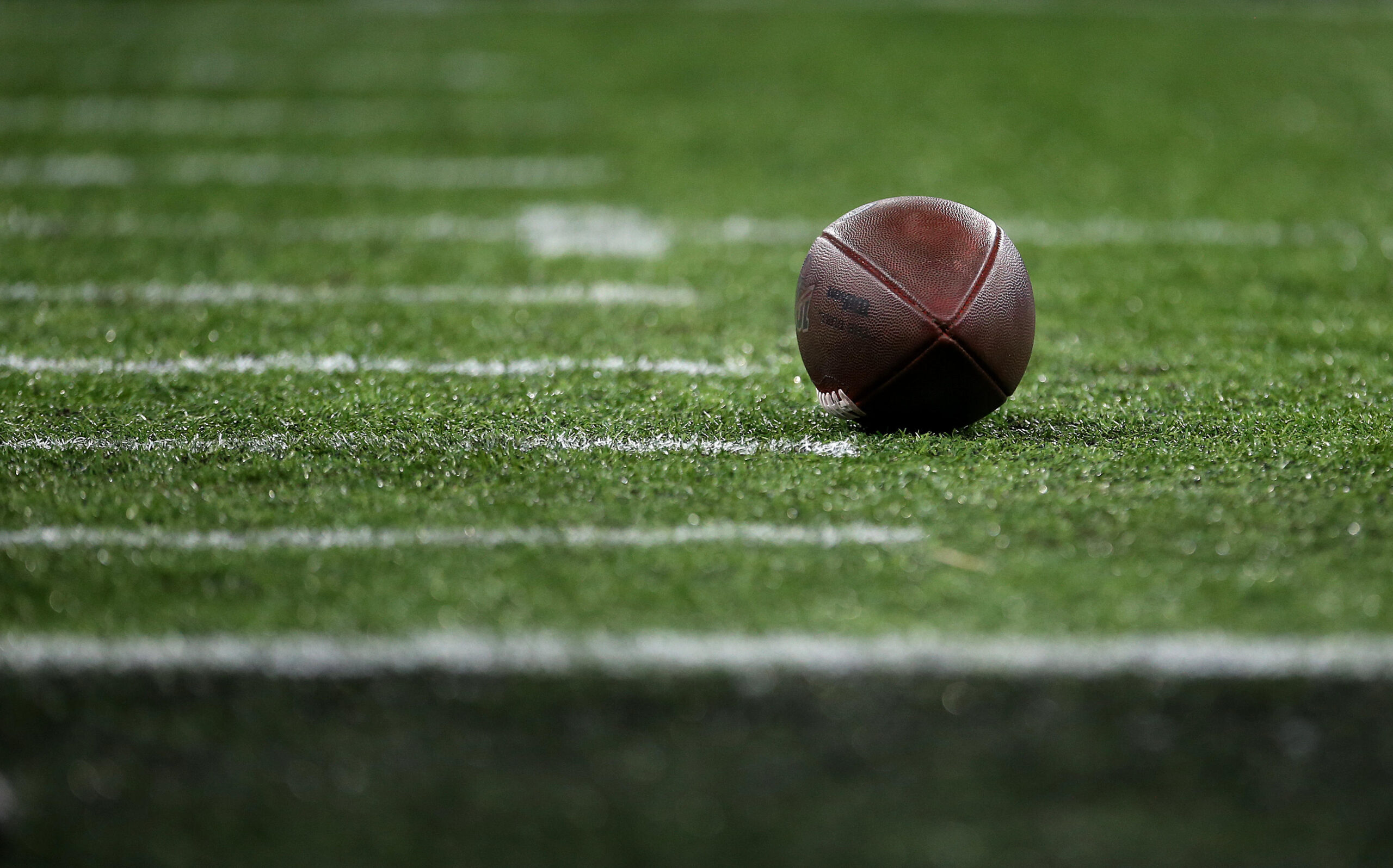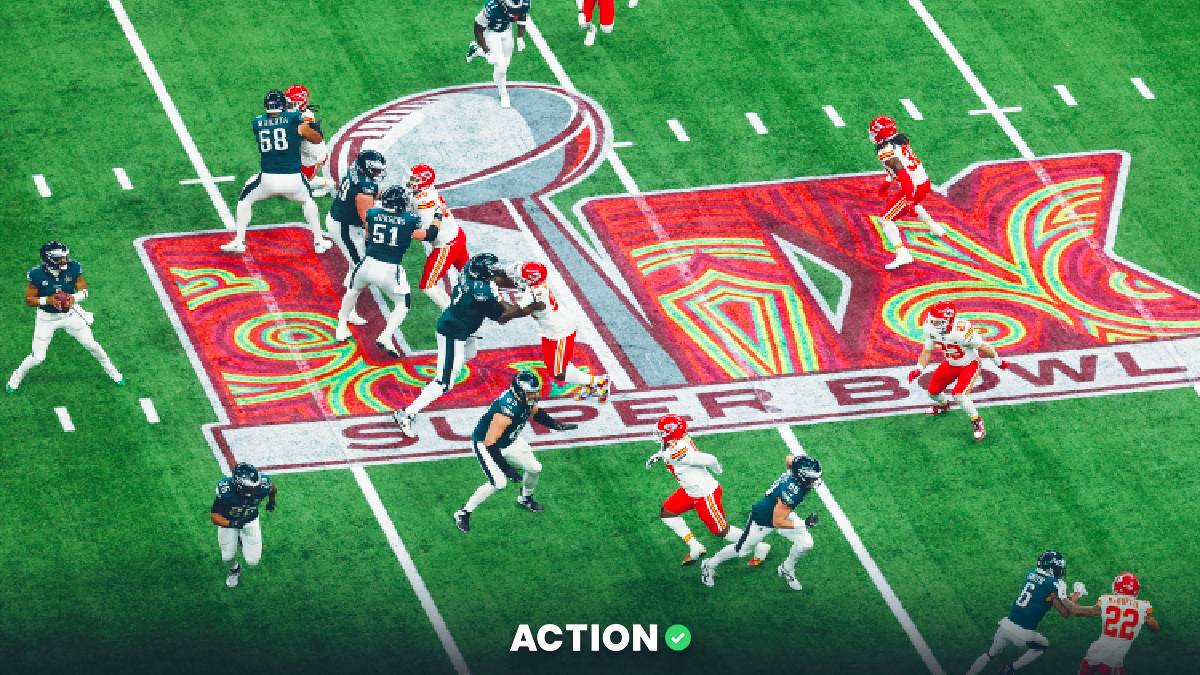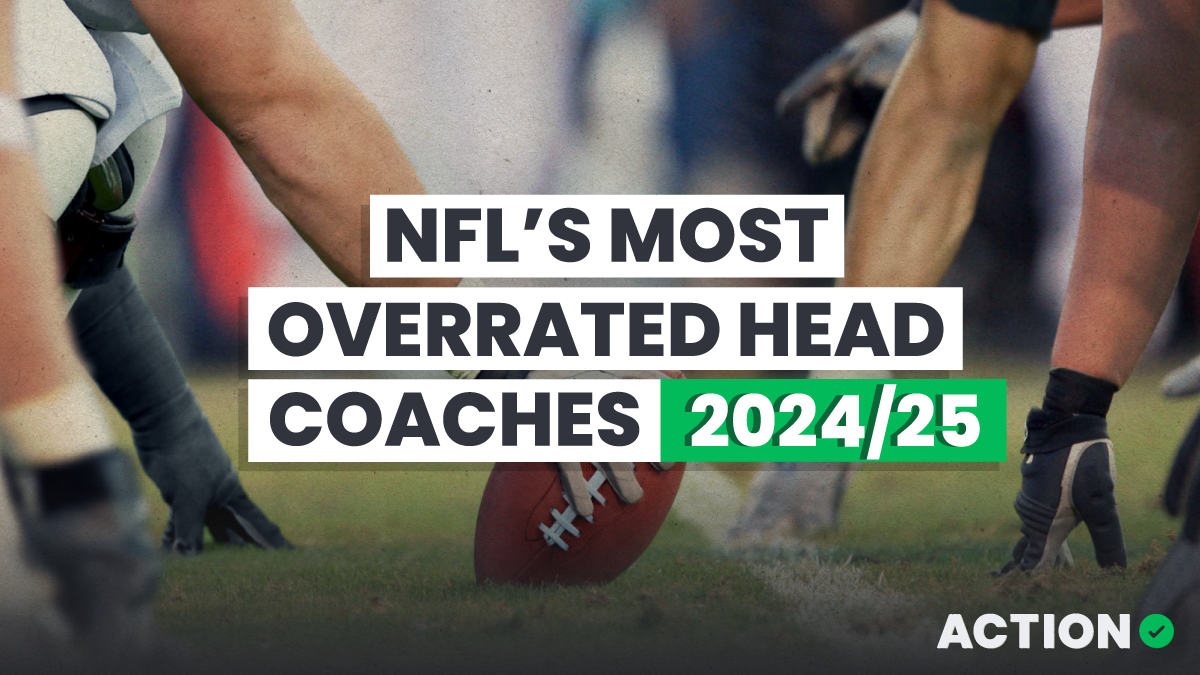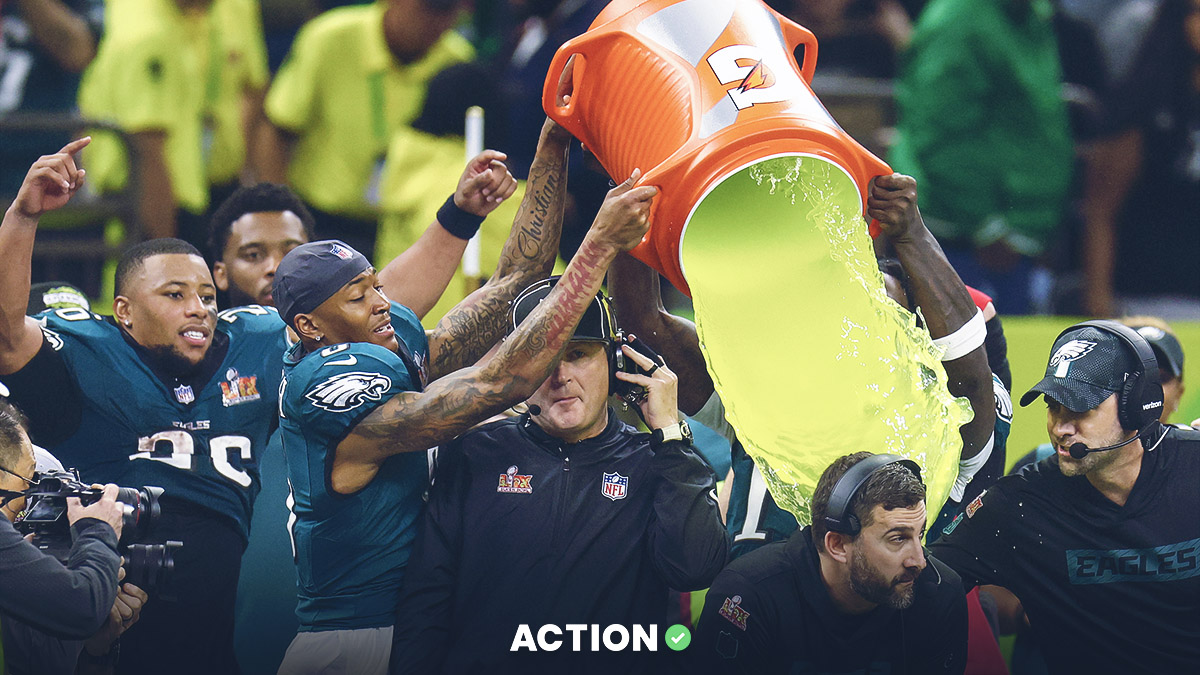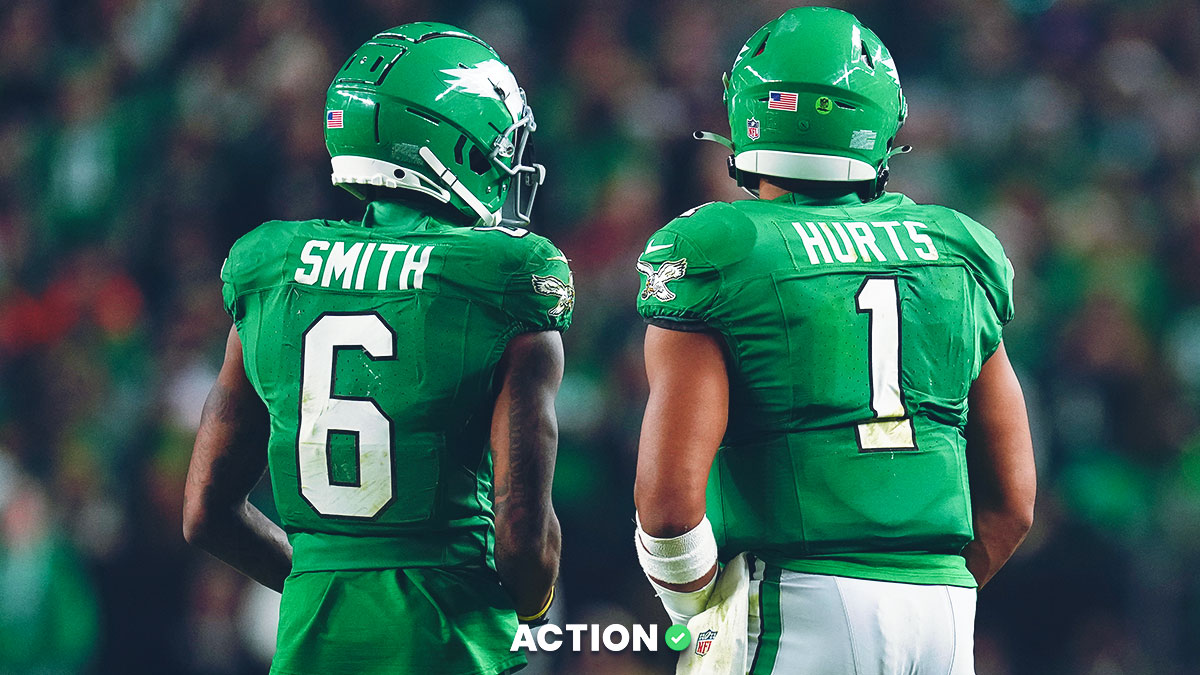Of the 35 career playoff games Tom Brady has played in with the New England Patriots, 21 have come at home in Foxborough. In those home postseason games, Brady and Belichick have compiled an impressive 18-3 record. That means Brady has played in just as many Super Bowls (7) as road playoff games (7), which truly highlights how much the Patriots have dominated the NFL since 2000.

Of those four road playoff losses, three came at the hands of Peyton Manning. The only other quarterback to win a home playoff game against the Patriots? Jake the Snake Plummer. Nobody will confuse Blake Bortles for a future Hall of Fame quarterback. However, that does not mean the Jaguars can't pull of the upset on Sunday. Here's a closer look at the five non-road losses the Patriots have suffered since 2000.

As you can see, it does not take an "elite" quarterback to defeat the Patriots at home or on a neutral site. How did those teams do it? Let's look at five common themes from those games to determine if the Jaguars can repeat the formula.
Don't Fall Behind Early
In the five home or neutral site losses, opponents outscored the Patriots by a total score of 36-6 in the first quarter. New England didn't score a first quarter touchdown in any of the five and suffered first quarter shutouts in three. Teams don't necessarily even need to have a halftime lead to pull off an upset, as the Patriots held leads in three of the five. However, New England never headed into the half ahead by more than one score.
The Jaguars check this box, as their offense led the NFL in first-quarter rush yards per game and total yards per game. Jacksonville showed this last week in Pittsburgh, when they jumped out to a 21-0 lead.

Have Success on the Ground
In each of the Patriots' five non-road playoff losses, the opponent outgained the Patriots on the ground by an average margin of 136-82.5. In their 23 non-road playoff wins since 2000, the Patriots had more rushing yards 16 times and outgained their opponents by an average margin of 116.2-92.6. Success in the running game not only wears down the Patriots defense, but it also takes the crowd out of the game, while keeping the Patriots offense on the sidelines.
The Jaguars led the NFL this season in both rush attempts per game (33.1) and rushing yards per game (143.4). They will stay committed to feeding Fournette, who should feast against a Patriots defense that allowed 4.7 yards per rush in the regular season (31st in the NFL). According to Football Outsiders, New England had the third-worst rush defense in the NFL during the regular season.
Get Pressure on Tom Brady
Brady was sacked 15 total times (three per game) in the five non-road Patriots playoff losses. In the 23 home or neutral site postseason victories? Only 34 total times or an average of 1.5 per game (half as much as in the losses). As a result of the sacks, hits and hurries, Brady finished with 8 touchdowns and 7 interceptions in those five games. Compare that to 50 touchdowns and 16 interceptions in the 23 home or on a neutral site playoff wins, and it becomes clear that pressure busts Brady's pipes. For an even deeper analysis on this topic, check out this article we published earlier in the week.
Jacksonville finished the regular season with 55 sacks, one behind Pittsburgh for the league lead. Their defensive front, which ranked second in adjusted sack rate, should give the Patriots' mediocre pass-blocking unit fits from the opening kick.
Win the Turnover Battle
The Patriots didn't win the turnover battle in any of their five non-road playoff losses since 2000, and lost it outright in four of the five. New England gave the ball away 10 total times and only had three total takeaways in the five games against Joe Flacco (2), Eli Manning (2), and Mark Sanchez (1). Conversely, the Patriots only turned the ball 24 total times and forced 45 turnovers in their 23 home or neutral postseason wins under Brady. To summarize, the Patriots turned it over an average of 2.0 times per game in the losses and 1.04 times in the wins. Defensively, New England forced 1.96 turnovers per game in the wins, compared to only 0.60 in the losses.
The Jaguars also check this box, as they finished 2017 as one of only six teams that had a net turnover differential of plus-10 or better. Their opportunistic defense finished second in the NFL with 21 interceptions, and also ranked in the top five in forced fumbles, fumble recoveries, and touchdowns. As long as Blake Bortles doesn't give away a few late Christmas presents, Jacksonville should have opportunities to create big plays on defense.
Speaking of starting off well and forcing turnovers, take a look at David Harris' pick-six from the Jets 2011 playoff victory in Foxborough. Brady hadn't thrown an interception in his previous 335 throws.
Don't Let the Patriots Get 21+
Each of the five opponents held the Patriots to 21 or fewer points. And three of the five didn't allow New England to score over 14 points. Each defense had a front seven that could generate pressure and an aggressive, opportunistic secondary. In comparison, the Patriots averaged over 30 points per game in their 23 home or neutral site playoff victories since 2000. New England hasn't won a playoff game at home without scoring at least 21 points since the 2004 season.
Jacksonville finished the year 9-1 when limiting opponents to under 21 points. Their one loss came in a game that meant nothing to them in Week 17 against the Titans. Conversely, they finished the regular season 1-5 when giving up more than 21 points, which included losses to the Jets and Cardinals. If the Patriots can get too far over this threshold, I don't think Jacksonville can keep up.
I hear a lot of people saying the Jaguars don't have a chance because of Blake Bortles. Don't focus on the opposing quarterback. Focus on the fact that Leonard Fournette should have a big day on the ground, and the Jaguars defense can pressure Brady into turnovers. Give me the points and the under in a potential thriller. Remember, "anybody can be beat." Cue the Bart Scott music.
Top photo via Charles LeClaire-USA TODAY Sports


